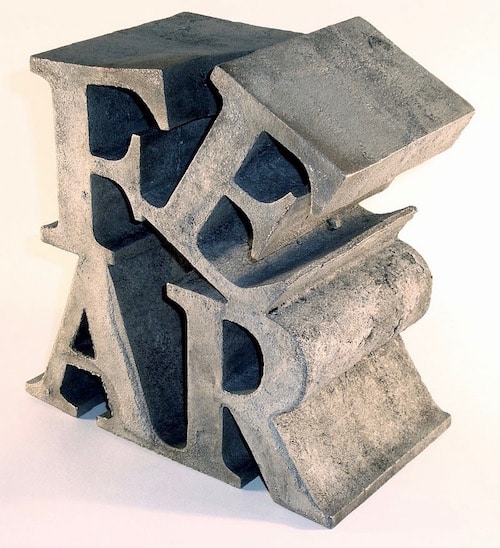 Evolution
Evolution
 Faith & Science
Faith & Science
From a Biologist, Common Sense on That Censored PLOS ONE Paper

Deep-sea biologist Andrew David Thaler comments on the decision by PLOS ONE to retract a peer-reviewed paper on the architecture of the human hand, for the sole reason that it included passing references to the “design” of a “Creator.” He thinks “It shouldn’t have been” retracted:
Passing peer-review does not mean a paper is perfect. Passing peer-review means that the study being reported is scientifically sound. It would be amazing if everything else about a paper — the authors’ underlying motivations in the introduction, how the authors’ choose to render their interpretation in the discussion, and the choice of words and idioms — also corresponded to the scientific consensus. But they don’t. At worst, a poorly argued introduction or discussion deserves a rewrite, but rare is the paper that should be rejected outright whose methods and results are sound while the introduction and conclusion are a bit of a stretch.
As it turns out, even that is not the case here.
The authors responded to PLOS’s decision and revealed that, far from an attempt to insert creationism into the scientific literature, their references to a Creator were simply the result of translating a Chinese idiom into English, and that, in a more literal sense, the idiom meant “nature as guided by natural processes like selection”. In that light, I’m in 100% agreement with Dr24Hours: The “Creator” paper, Post-pub Peer Review, and Racism Among Scientists.
You could argue that a reviewer should have caught this and fixed it. Sure. But perhaps the peer-reviewers (who are anonymous) were also Chinese and the language choice raised no red flag. Perhaps in that case the editor should have caught it. But editors, often overworked and underpaid (if paid at all) rely on reviewers, and sometimes language errors happen. Instead, a quirk of translation was discovered in post-publication peer-review, which is as much a part of the scientific process as peer-review. But rather than a resounding ‘huh? that’s a funny way to phrase it’, we went ballistic and the paper was retracted.
Retractions have huge consequences for scientific careers, and could destroy a young researcher.
Typos and mistranslations that do not undermine the fundamental soundness of a scientific study do not warrant retraction.
Because I don’t speak Chinese, I can’t evaluate the plausibility of the authors’ explanation. It’s possible that this is absolutely what happened — a faulty rendering of idiomatic language. It’s also not unthinkable that dread of career ruin has caused someone to fib.
You see, common sense doesn’t count for a lot when much of the scientific establishment lives in fear of being tainted by “creationism.” Frankly, Dr. Thaler took a risk in saying what he did. An awkward phrase, a failure to denounce any idea of design in nature with sufficient fervor, is cause for being cast into the darkness with the rest of science’s supposed enemies.
And the leper in whom the plague is, his clothes shall be rent, and his head bare, and he shall put a covering upon his upper lip, and shall cry, Unclean, unclean. (Leviticus 13:45)
Someone was not careful about language and so this group of scientists have all suffered an irrevocable black mark — having their paper retracted, a fate shared by others whose work was fraudulent, not merely mistranslated. How do you live that down? You don’t. When it comes to certain bugaboos, a whiff of disagreement is not acceptable. That is how intimidation works.
Image credit: Kevin B 3 [CC BY 2.0], via Wikimedia Commons.
